Helping your winery work toward being more “green” and sustainable while also not breaking the bank can be a difficult balance.
Happy Valley Winery co-owner Barb Christ and Joey Dahlin, the general manager at Merkin Vineyards Tasting Room & Osteria in Old Town Cottonwood, Arizona, shared ideas on how they have found ways to be sustainable and financially efficient.
Happy Valley Winery — located in State College, Pennsylvania — has solar power, powering both the winery production area and storage as well as the tasting room.
”About 80% of our usage is covered by the solar power we generate,” Christ said. “Most of our vineyard tools are battery and can be plugged in to charge.”
One such tool is an electric golf cart they use to go through the vineyard.
Last year, Merkin started kegging its wine.
“If a guest wants to enjoy a glass or taste at the restaurant, we serve it out of our wine tap system and not from a bottle,” Dahlin said. ”Less waste of glass bottles. If any glass bottles are used, we make sure to recycle them.”
Happy Valley composts all the waste from wine production.
”This gets added to yard waste and manure,” Christ explained. “Eventually the compost goes back out onto the vineyard as fertilizer.”
Other sustainability tips from Happy Valley:
- We recycle as much as possible including plastic metal paper cardboard etc.
- We built very energy-efficient buildings. With many windows in the tasting room, we have very few lights required most days to do business.
- We use local products wherever possible even if the cost is higher. Bottles, glasses and many other items.
- We use IPM practices in the vineyard and spray as few pesticides as possible.
Christ even shared what she thinks may be the most practical, yet smallest environmental impact the winery does.
”Maybe the smallest of our practice is to use a clothesline to dry the laundry from the winery/ tasting room,” she said.

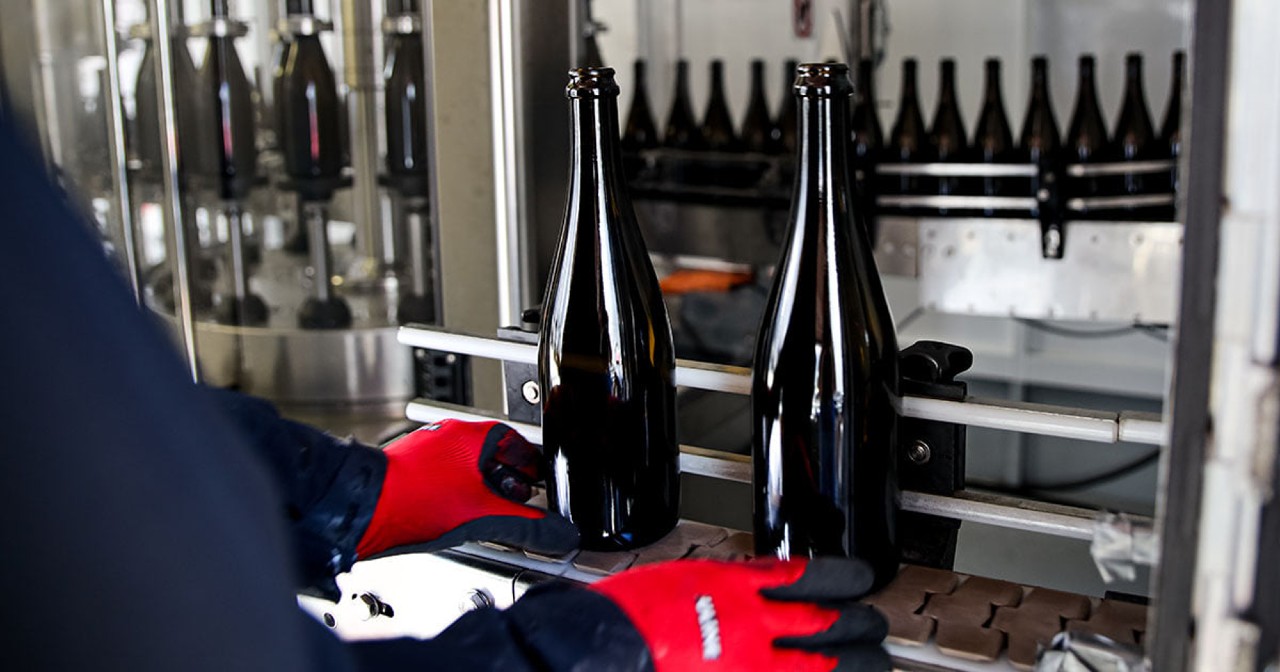
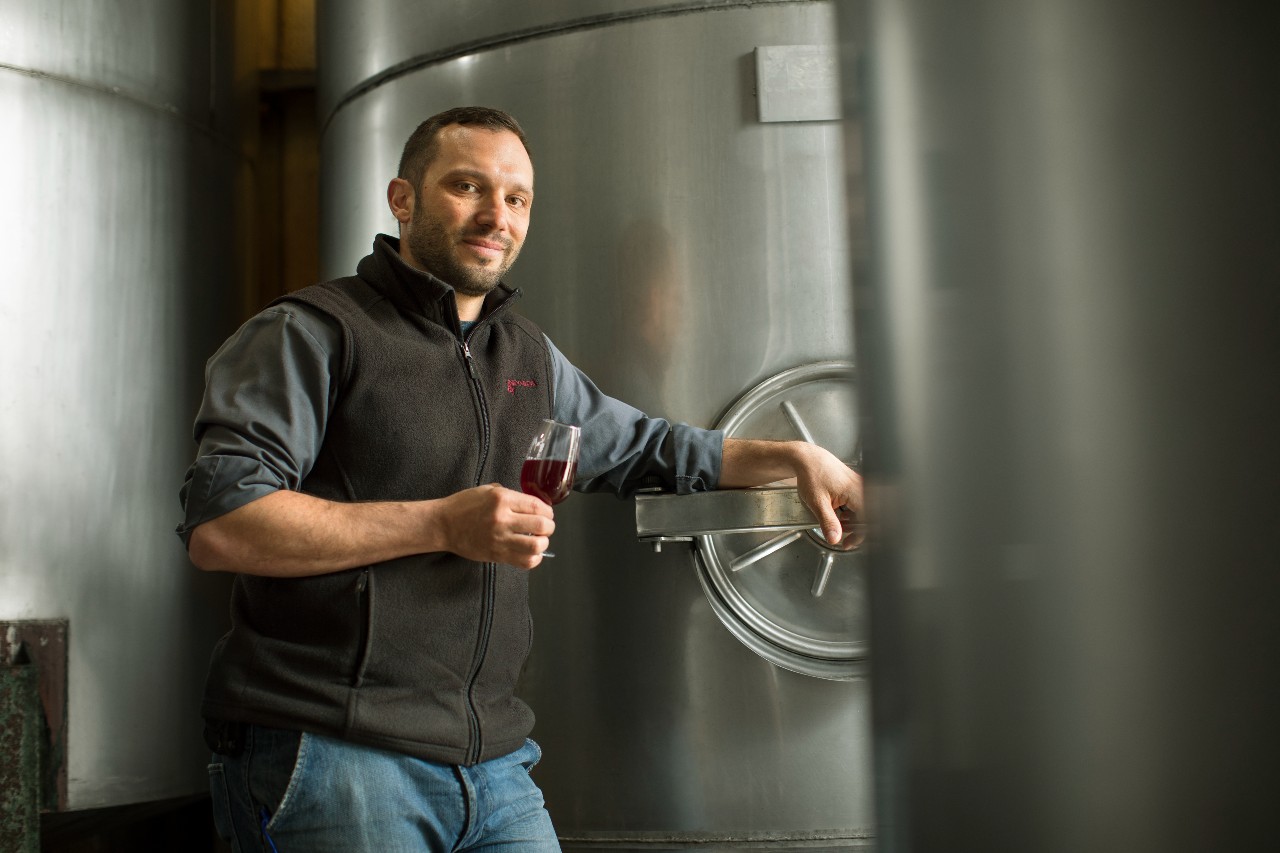
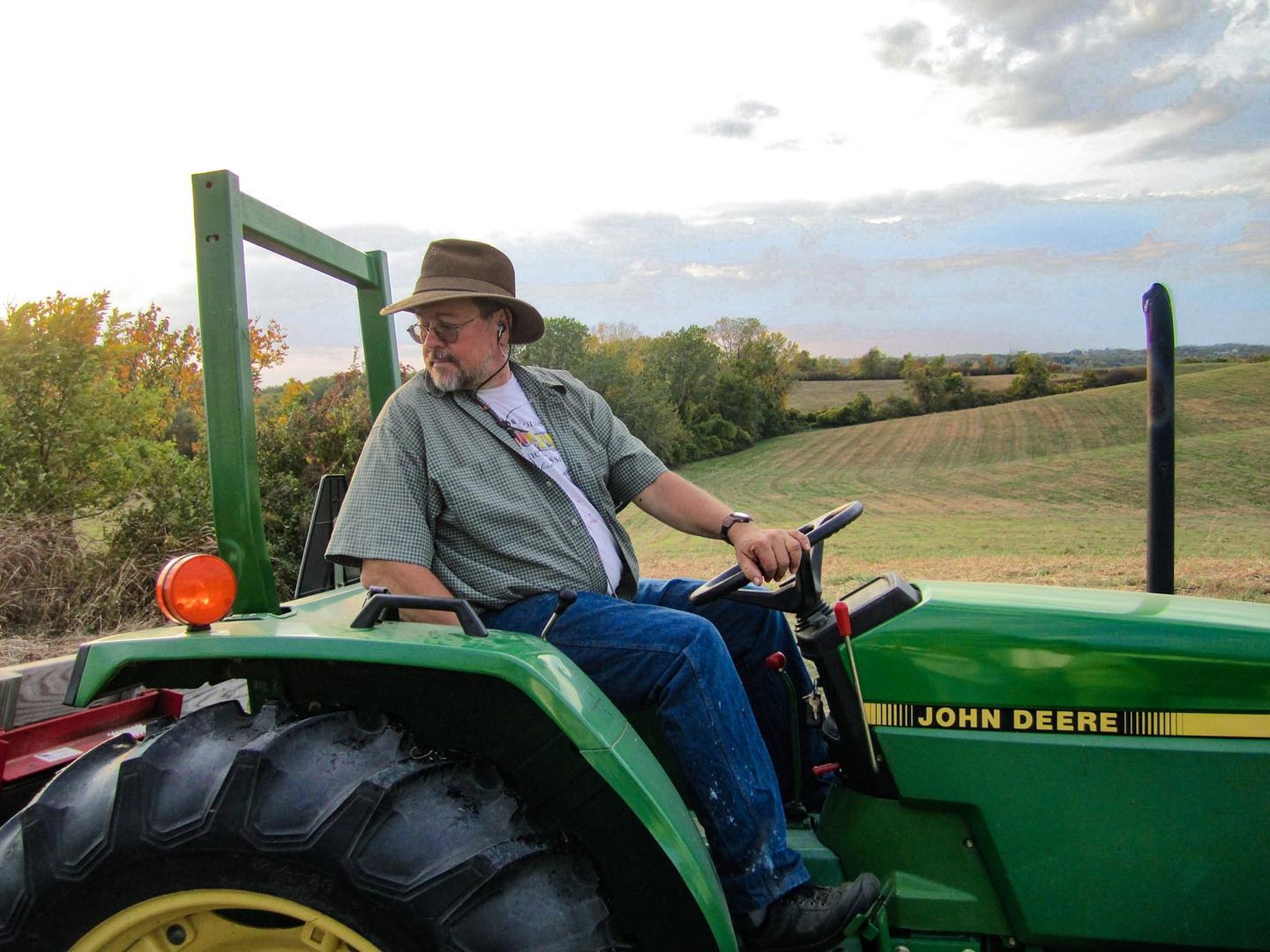
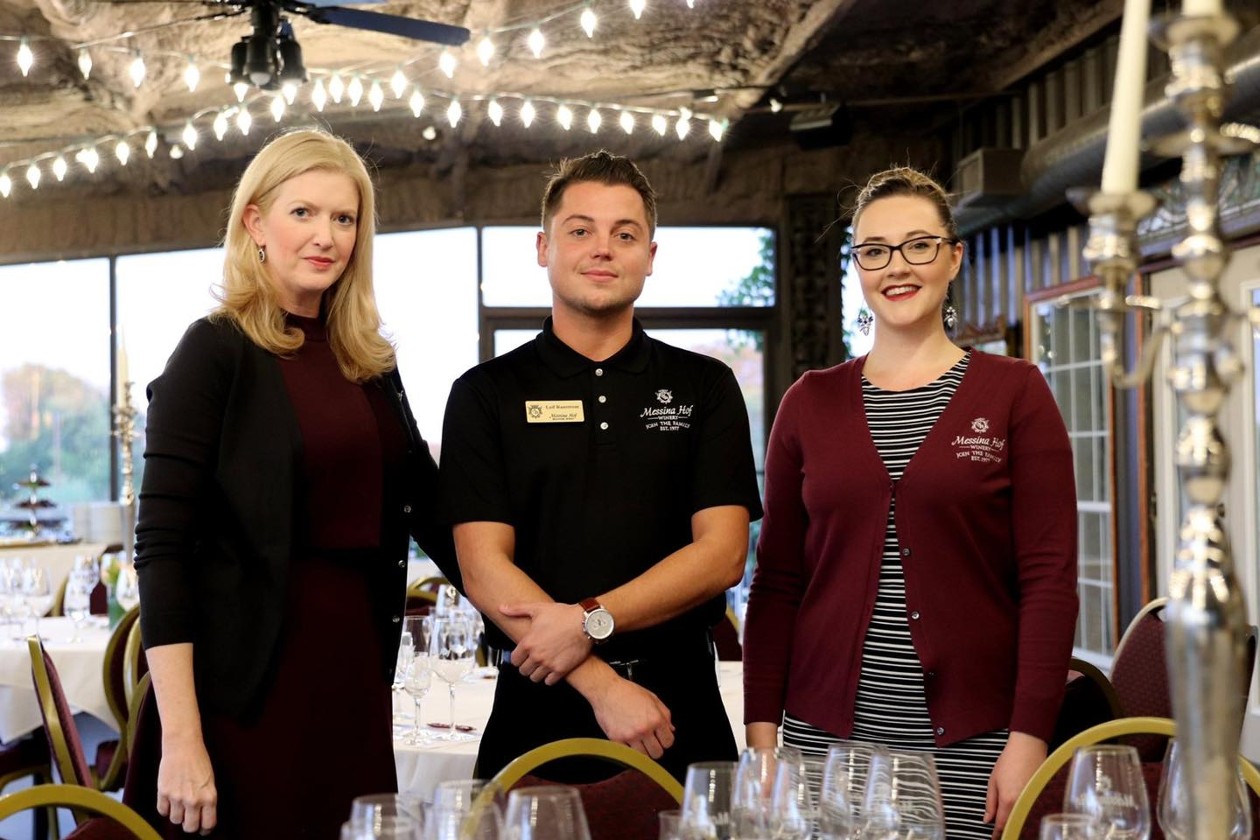
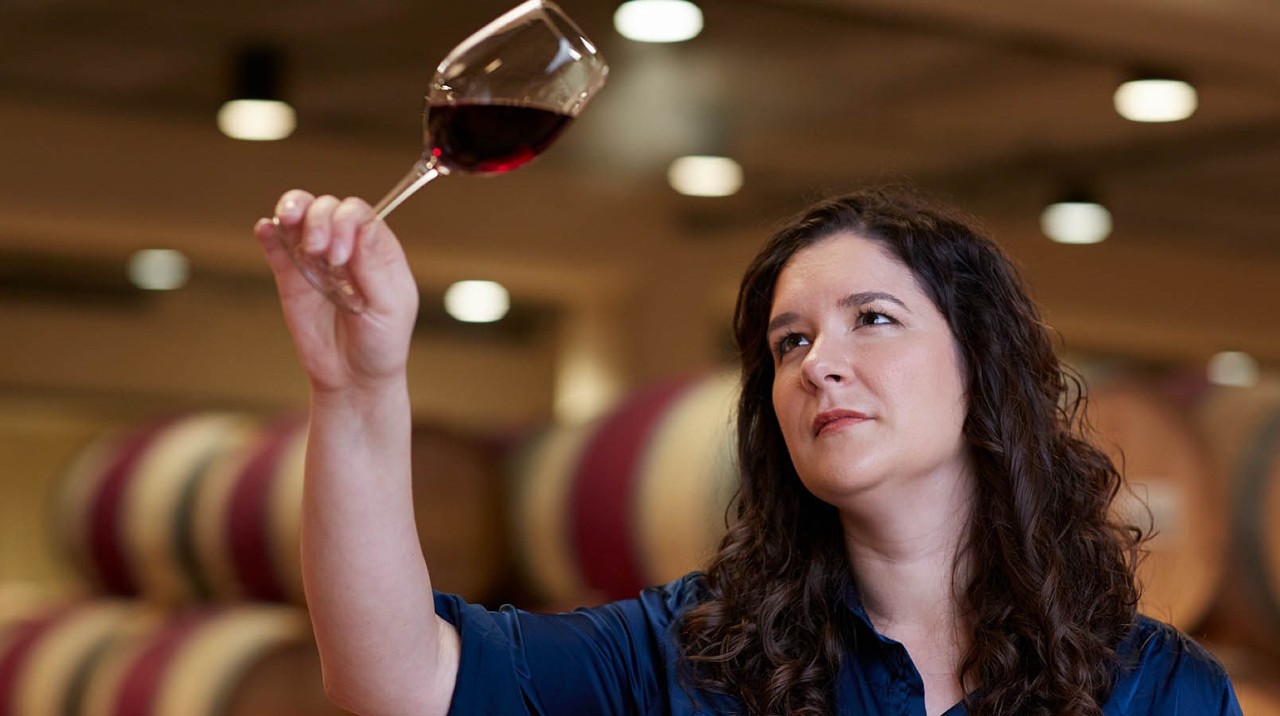


Be the first to comment